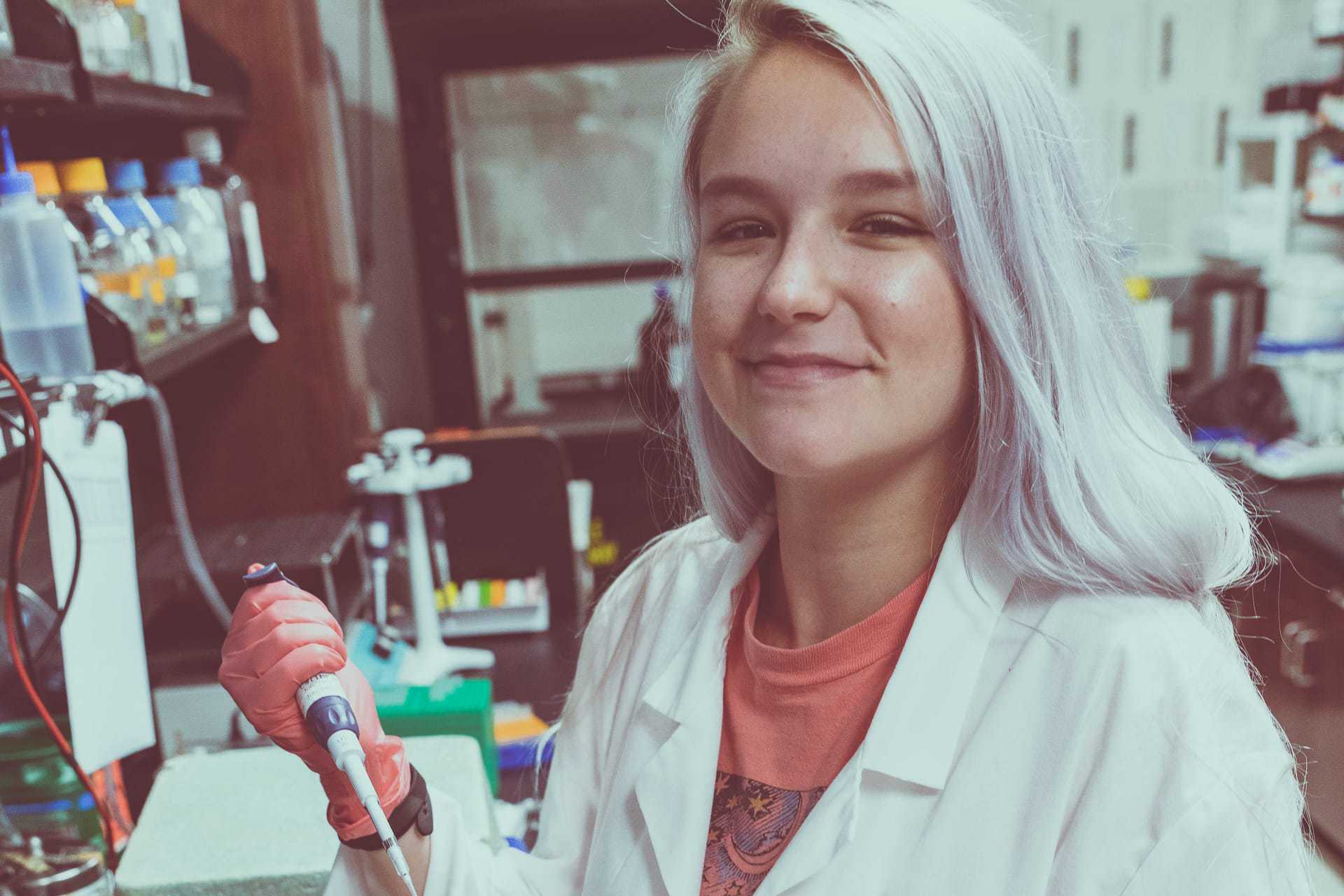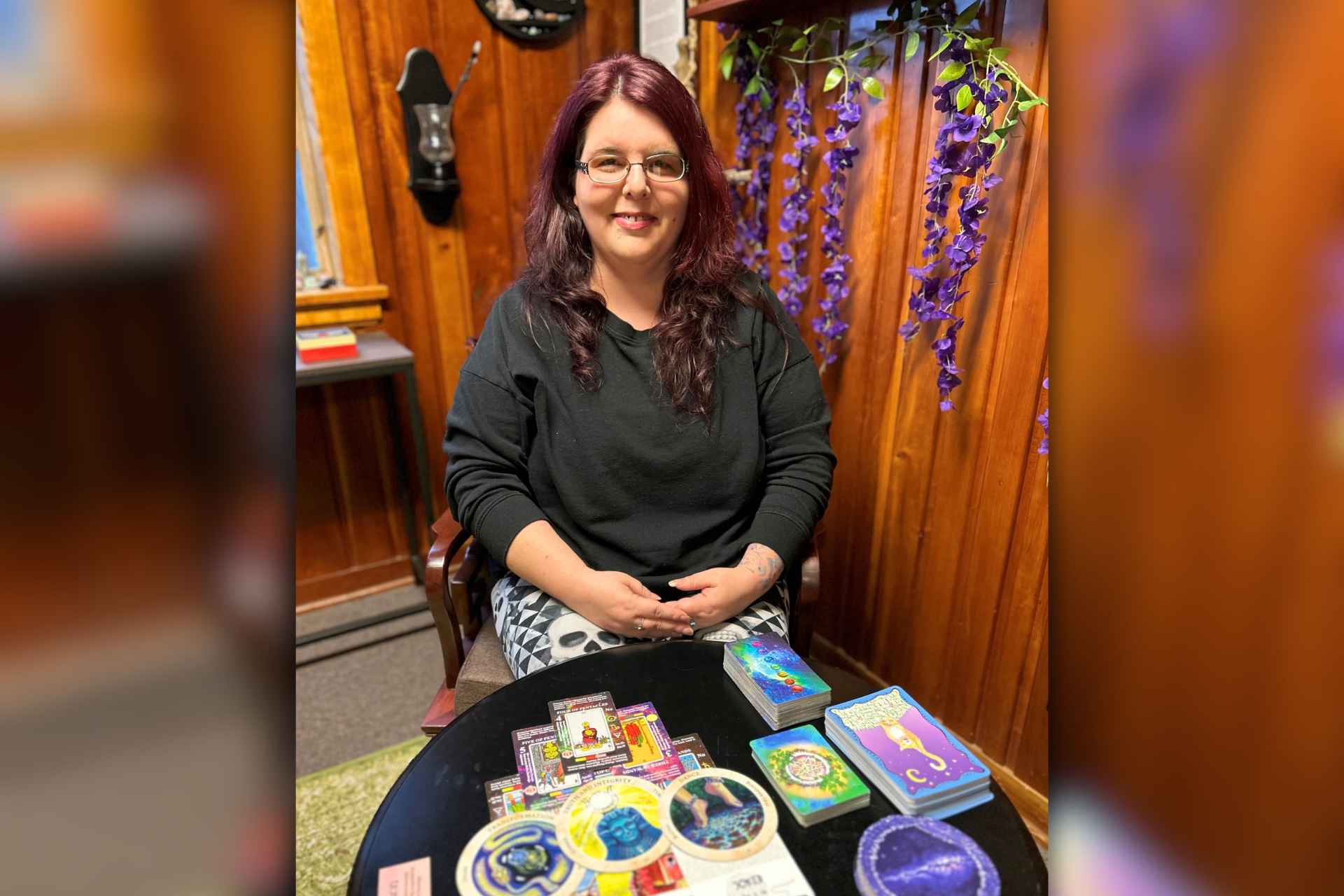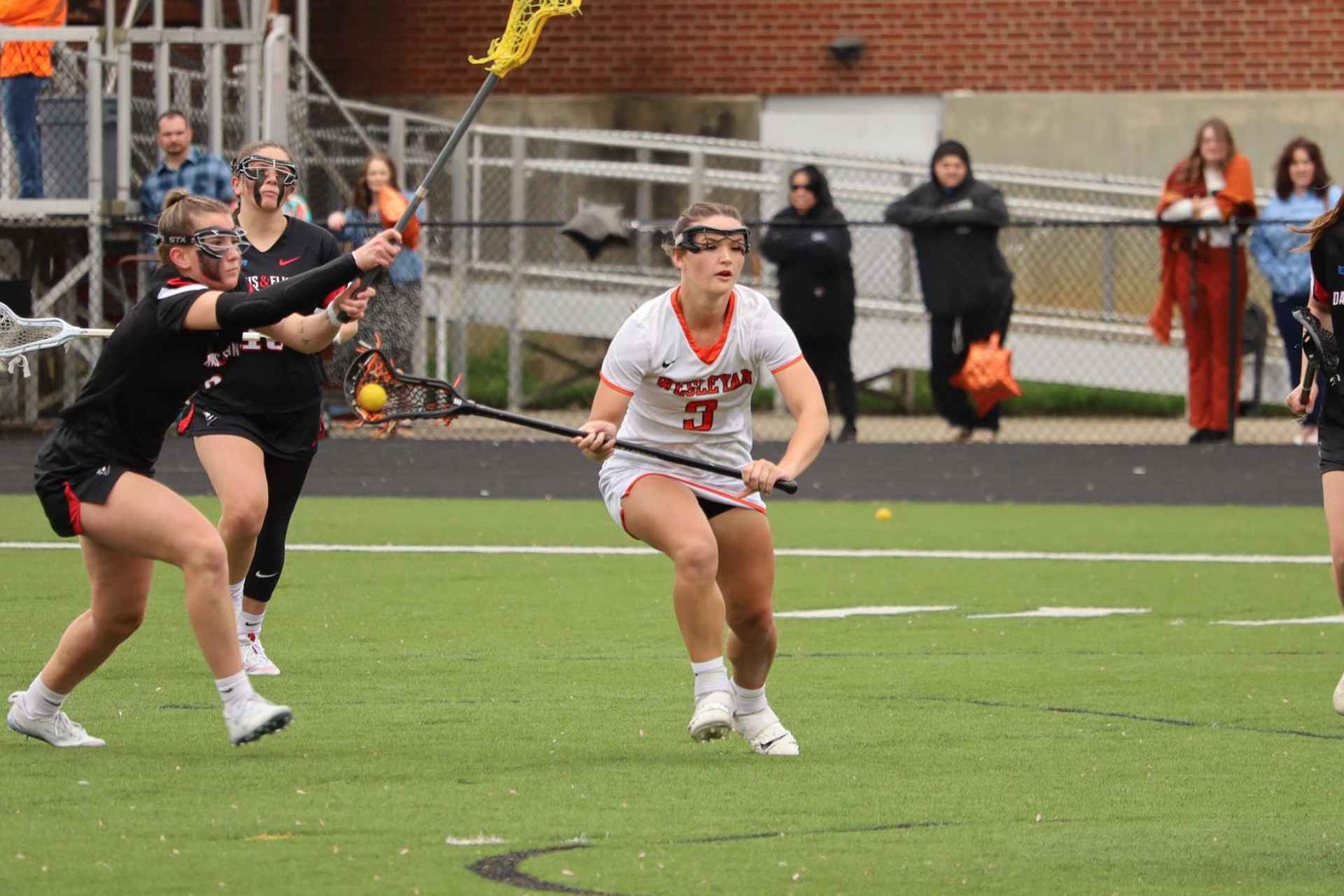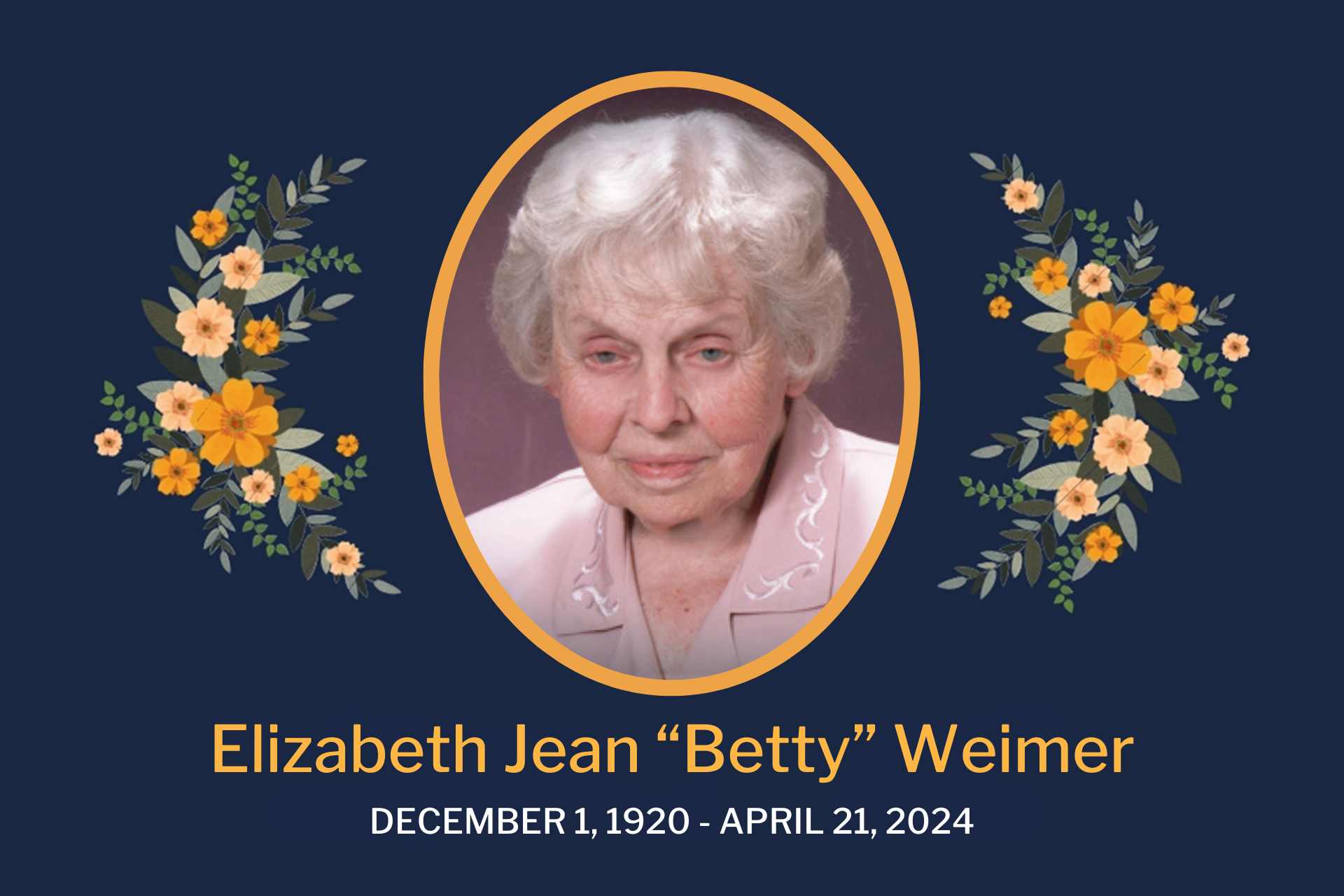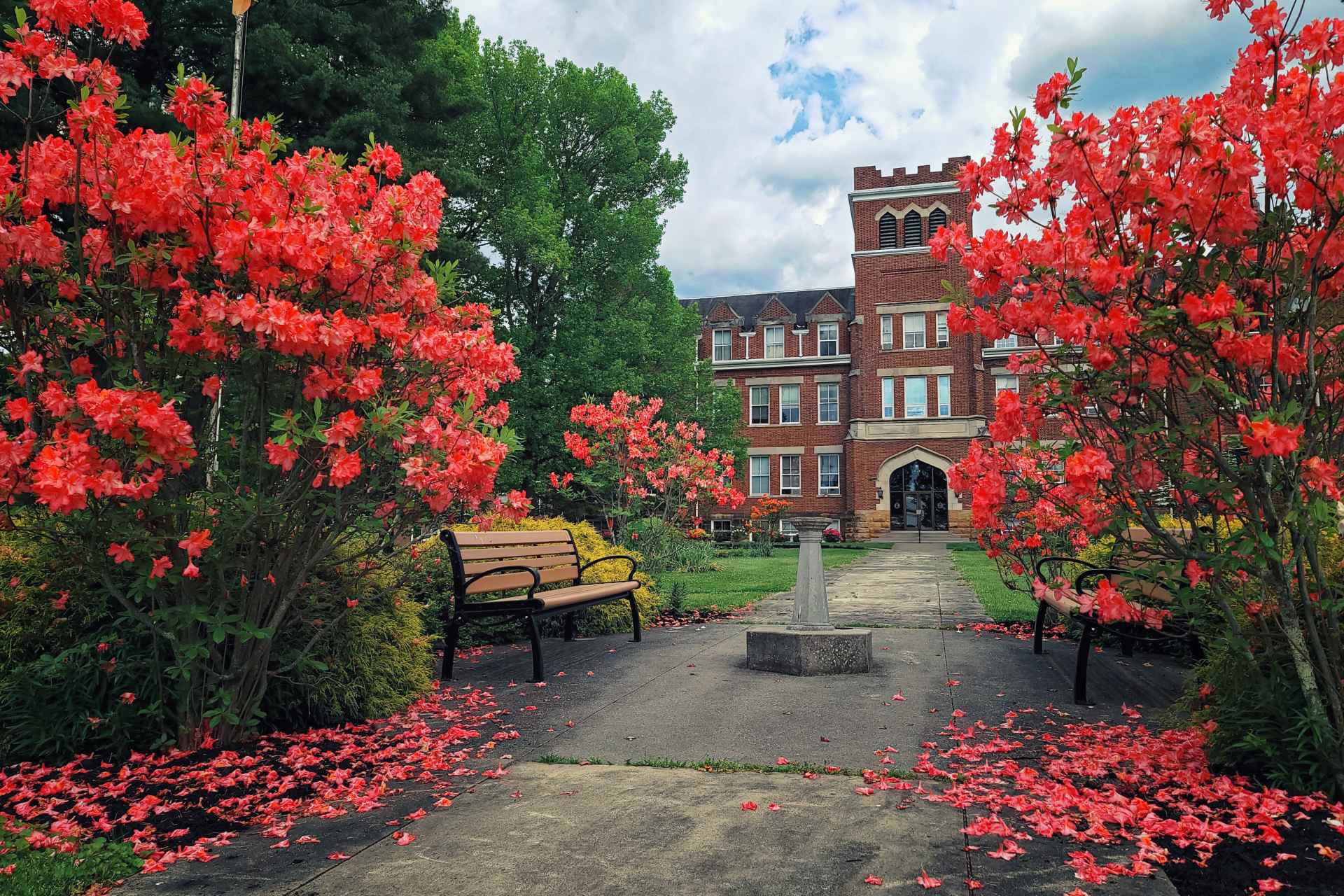ELKINS – An intensive nine-week internship helped Davis & Elkins College senior MacKinzie Smith gain biomedical research experience, and now she has earned peer recognition for her work.
A resident of Renick, West Virginia, Smith is among 20 D&E students who have participated in the West Virginia IDeA Network of Biomedical Research Excellence (WV-INBRE) Summer Research Program since its inception.
Conducted at West Virginia University and Marshall University, the program provides students with formal research training while expanding their learning experience through workshops, seminars, mentoring and use of state-of-the-art core facilities.
As interns in the WV-INBRE program, they conduct biomedical research projects under the direction faculty mentors and present the results at the Summer Research Symposium.
Smith also presented her work at the science honorary Chi Beta Phi National Conference and won first place. Her talk, “HSP90 Inhibition Alters Epithelial to Mesenchymal Transition in A549 Lung Cancer Cells,” was based on her summer research at the Joan C. Edwards School of Medicine at Marshall University under the mentorship of Dr. Vincent Sollars.
Also participating in the study were Nickolas A. Bacon and Matthew J. Rosolen.
Smith explained that one of the biggest threats to effective cancer treatment is metastasis: the “spreading” of cancer from the primary tumor, through the bloodstream, and to a secondary location to form another malignant growth.
The research conducted involved three experiments to determine whether the inhibition of heat shock protein 90 (HSP90), a highly expressed protein critical for cancer cell survival, could make lung cancer tumors more susceptible to other forms of chemotherapy, and significantly slow the early stages of metastasis. Results reaffirmed that HSP90 inhibition made the tumor more easily treatable by other chemotherapies, and showed an approximate 30 percent decrease in early metastatic behavior.
The Sollars lab will continue to run these experiments to replicate the results and solidify the data, as well as test effects on other types of cancer.
“Being able to show a biological change like this is incredibly exciting, especially when acknowledging that with further research, my data could be used to help make cancer treatment more effective in the real world,” Smith said.
A biology and chemistry major, Smith hopes to enter a dual M.D./Ph.D. program after graduating from D&E. She encourages other D&E students to apply for the WV-INBRE internships as a way of expanding on their education and helping them better compete for graduate school.
“I’m forever grateful to D&E for the amazing research opportunities I’ve found here,” Smith said. “The college has helped me to do research internships two summers in a row, as well as research with Dr. (Shawn) Stover on campus. My science professors — Dr. (Michelle) Mabry, Dr. Stover, Dr. (Oma) Morgan and Dr. (Floyd) Wiseman — gave me the passion for cancer research, the laboratory skills and the academic confidence to do the best work possible. I couldn’t have done any of it without their wonderful mentorship.”
Funding for WV-INBRE is provided by the National Institute of General Medical Sciences.
The Davis & Elkins College Bachelor of Science in biology program prepares students for professional or graduate schools, or employment in more technical careers. Students pursing a Bachelor of Science degree in chemistry at D&E may select from three different tracks, general chemistry, pre-medical and chemistry secondary education.
